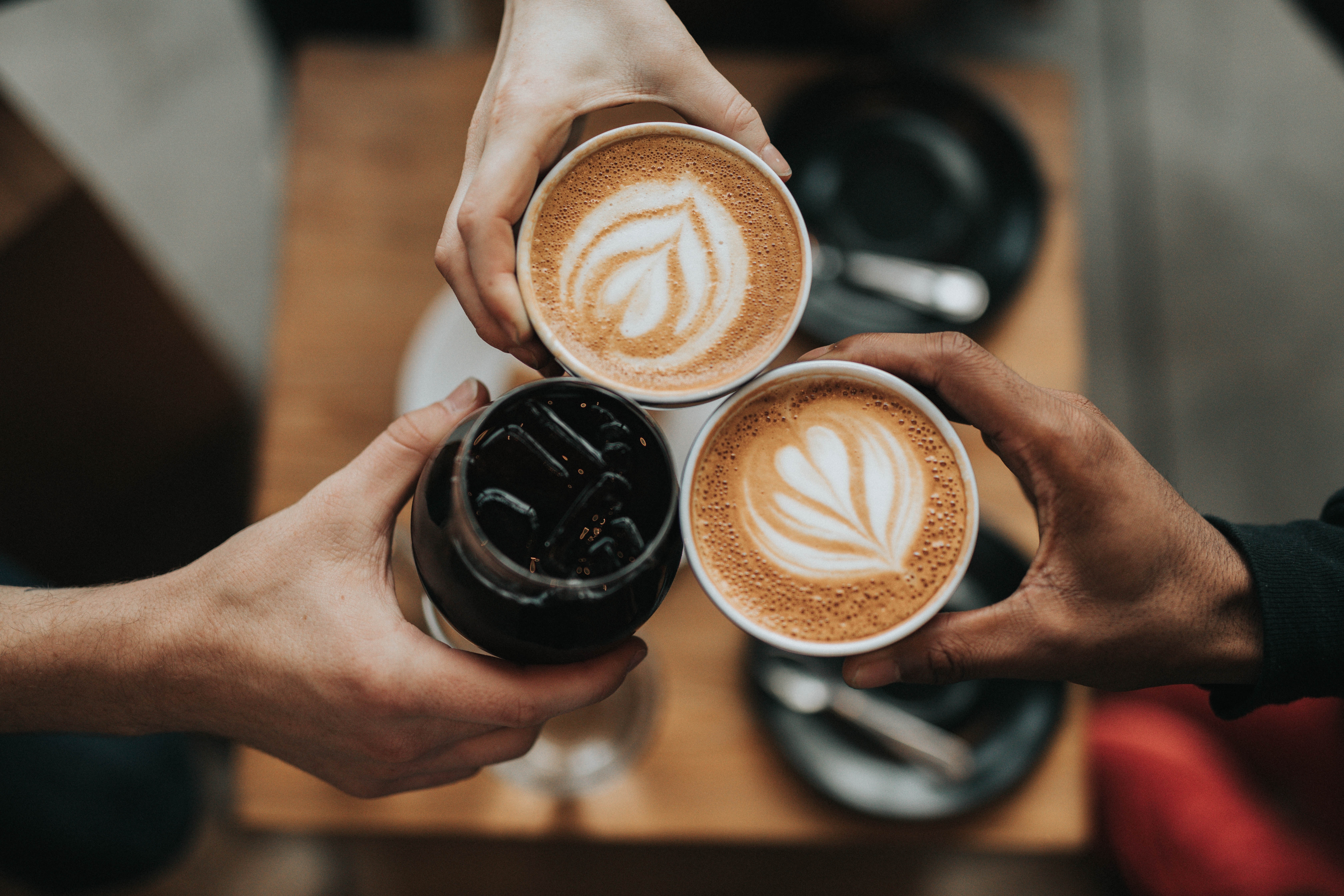Do you find yourself struggling to be productive without your daily dose of caffeine? If you're struggling, chances are your team might be as well.
Many researchers in the past have examined the effects of caffeine on an individual's performance, but recent research focused on the impact it had on a team's performance.
The research was completed at Ohio State University's Fisher College of Business by a doctoral student, Amit Singh, along with the University of California, Davis' Graduate School of Management's Vasu Unnava and H. Rao Unnava.
The team took two groups of coffee-drinking undergraduate students. The first group involved 72 students, where half of them were instructed to drink coffee and rate it on the flavor. The students were broken up into groups and five and were asked to discuss a controversial topic. At the end of the discussion, group members evaluated themselves and others. The second group was slightly different. Sixty-one undergraduate students all drank coffee, but half drank decaffeinated coffee.
The results from the first group showed people who drank coffee rated themselves and other group members more positively than those who did not drink before the discussion. The second study's results concluded the caffeinated coffee-drinkers rated themselves and others more favorably than the decaf-drinkers.
The team concluded it had to do with alertness.
"We found that increased alertness was what led to the positive results for team performance," Singh said. "Not surprisingly, people who drank caffeinated coffee tended to be more alert."
Caffeinated group members rated their alertness higher and also tended to give fellow members higher remarks. The findings suggest that any intervention (exercise, caffeine, etc.) that increases alertness can produce similar results.
The research team also examined the quality of discussion that members had and how much they stayed on topic. Caffeinated drinkers tended to stay on topic and discuss more relevant issues. Even though the subjects were controversial, coffee-drinkers were more willing to work with the group together whether or not they disagreed with a fellow group member.
"Even though they are talking more, agreeing and disagreeing, they still want to work with them again," Singh said.










